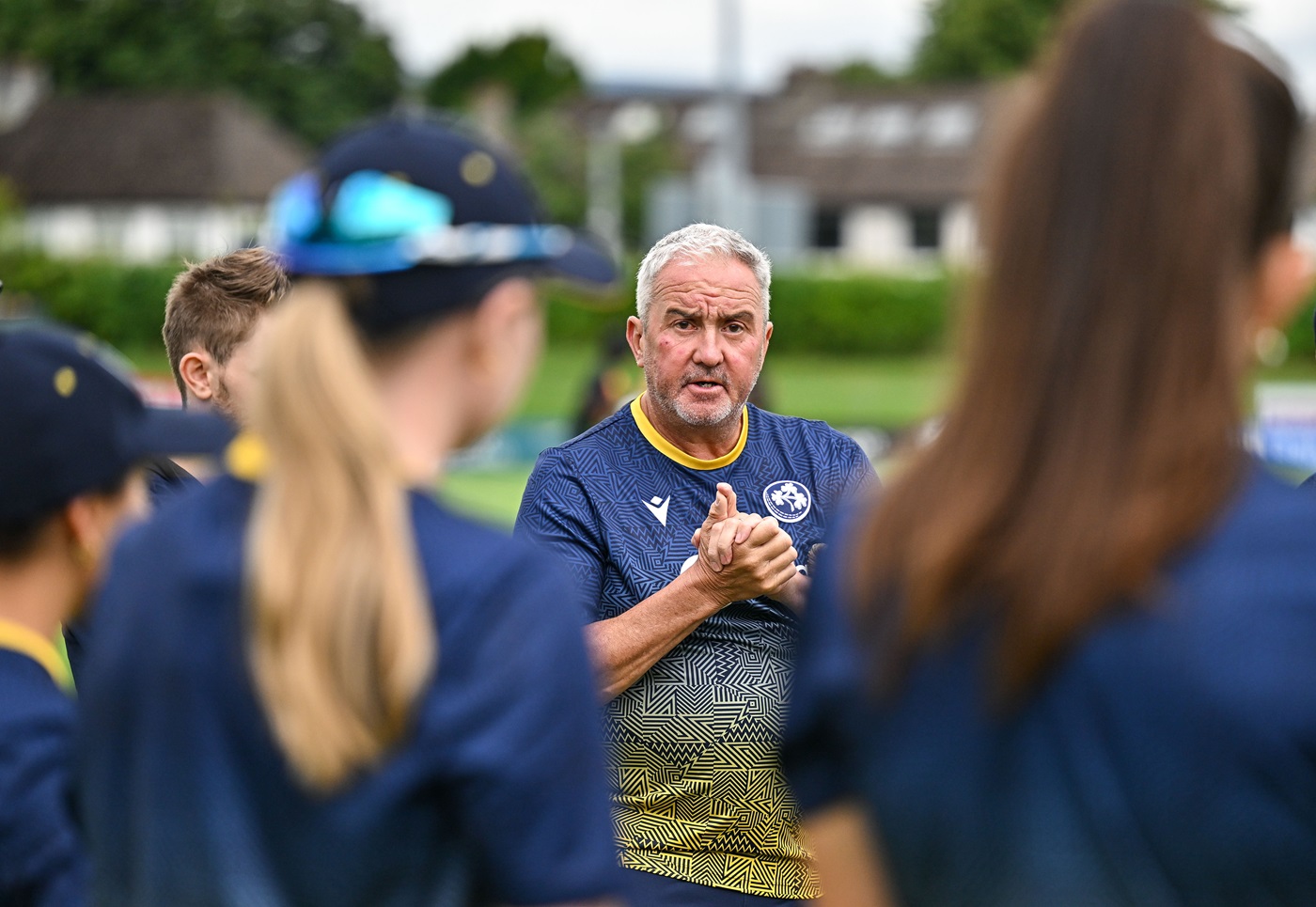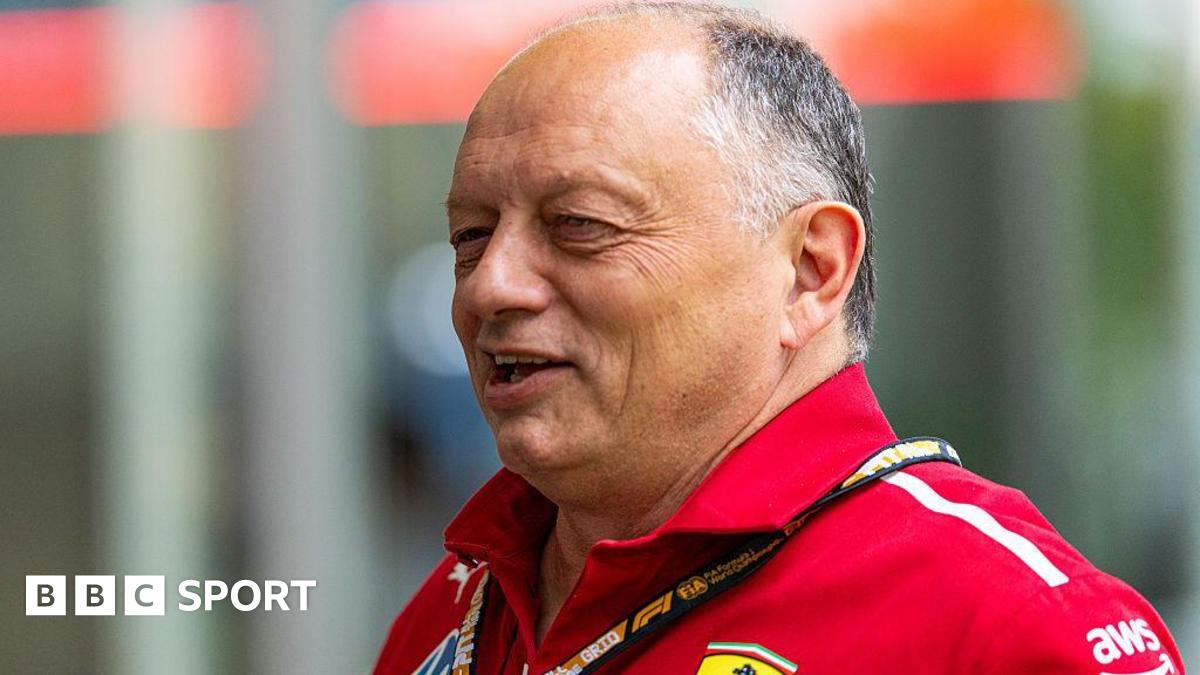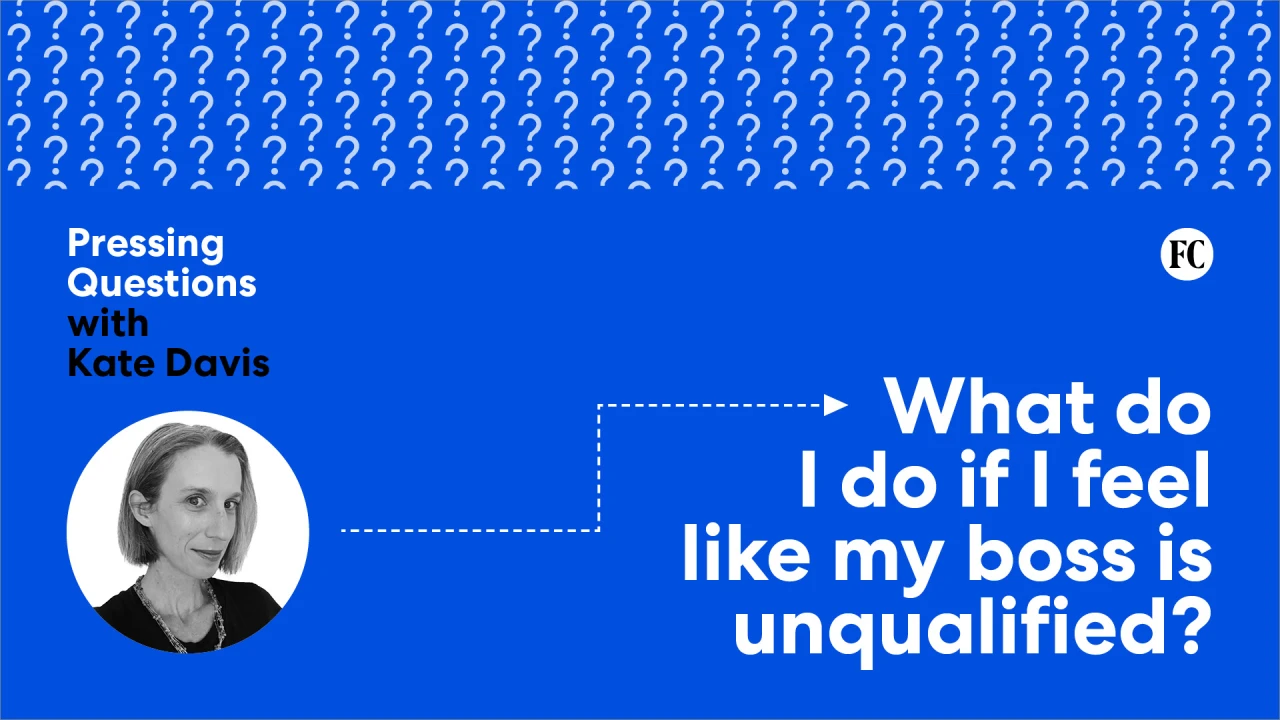Emotionally intelligent people use the 2-week rule to motivate themselves and reach their biggest goals

What’s your elephant?
Maybe you’ve heard that old saying: “How do you eat an elephant? One bite at a time.” The idea is that the best way for tackling large, overwhelming tasks or projects is to break them down into smaller, more manageable steps.
But that doesn’t address the obvious problem: Nobody wants to actually “eat the elephant.” So, how do you motivate yourself to actually get started?
I learned a great trick some years ago from fellow Inc. columnist Jeff Haden, author of The Motivation Myth. It’s a technique founded on principles of emotional intelligence, the ability to identify, understand, and manage emotions effectively.
Best of all, it’s far simpler than you might expect—as you can tell from its name:
What’s the Two-Week Rule, and how can it help you beat procrastination, find motivation, and reach your biggest goals? It all comes down to the psychology of how motivation works, and how that knowledge can help you manage your emotions. (Sign up here for my free email emotional intelligence course.)
How to use the Two-Week Rule to reach your biggest goals
Over the years, Haden’s had the chance to interview successful people like Shark Tank investor and billionaire Mark Cuban, NBA superstar Shaquille O’Neal, and professional tennis great Venus Williams.
Through those interviews, Haden learned some interesting things about the psychology of motivation.
“Motivation isn’t something you get from the outside, nor is it something you find within,” Haden told me in a recent interview. “Motivation is something you create through a cycle of a little bit of effort, a little bit of success that feels good—because it always feels good to get better at something—and that gives you enough motivation to get you to the next day.”
“That cycle just continues to repeat, and it can take you a really long way,” says Haden.
In other words, while motivation is part of the cycle, it’s not the beginning of the cycle. And here’s where the two-week rule comes in.
The two-week rule is about as simple as it sounds:
Commit yourself to a project for two weeks. Then, evaluate your progress and decide whether you want to move forward.
To illustrate, Haden uses the following example: Let’s say you want to run a marathon. At the beginning, you may only be able to run a mile; still, you commit to training for two weeks.
After day one, you’re thinking there’s no way you’re ever going to be able to run the full race. This thing is hard, much harder than you anticipated. That fact alone is so overwhelming, you’re tempted to give up.
But you’ve committed to a full two weeks, so you force yourself to keep going.
After a week, you still haven’t seen much improvement. “I’m sore,” you think to yourself. “I’m tired. My knees hurt. I don’t really enjoy this.”
But you also think: “Thank God I only have another week to go.”
At the end of two weeks, though, things look different. You’re a little faster. A little fitter. You’ve developed a new routine and you’ve found your flow.
Now you say to yourself: “Hey, I’ve actually gotten somewhere. I’m not at 26 miles yet, but I’m much better than when I started.”
And that progress may be all you need to keep going.
Why the Two-Week Rule works
The beauty of this rule is you can commit to almost anything for two weeks. At the end of that time, you’ll have data you can actually use to make a decision about moving forward—and many times, the motivation you need, too.
But what if you can’t even get yourself to commit for two weeks? Or, what if you try, and discover it’s not really something you want to do?
“Then it’s probably not a goal you wanted to achieve anyway,” Haden says. “And that’s a good thing—because if you try it and find out you don’t really want it, it comes off your list of things you want to do. You get rid of the guilt associated with not doing it.”
“And now, you can focus on some of the things you really want to do instead.”
So, whatever major project you’re trying to tackle, try the two-week rule: Commit to doing it for just two weeks.
Once you do, you’ll finally have gotten started eating the elephant. And at the end of those two weeks, there’s a good chance you’ll have improved your efforts, you’re starting to see progress, and most importantly, you’ve found the motivation to keep going.
— By Justin Bariso
This article originally appeared on Fast Company’s sister publication, Inc.
Inc. is the voice of the American entrepreneur. We inspire, inform, and document the most fascinating people in business: the risk-takers, the innovators, and the ultra-driven go-getters that represent the most dynamic force in the American economy.
What's Your Reaction?
 Like
0
Like
0
 Dislike
0
Dislike
0
 Love
0
Love
0
 Funny
0
Funny
0
 Angry
0
Angry
0
 Sad
0
Sad
0
 Wow
0
Wow
0






























































































